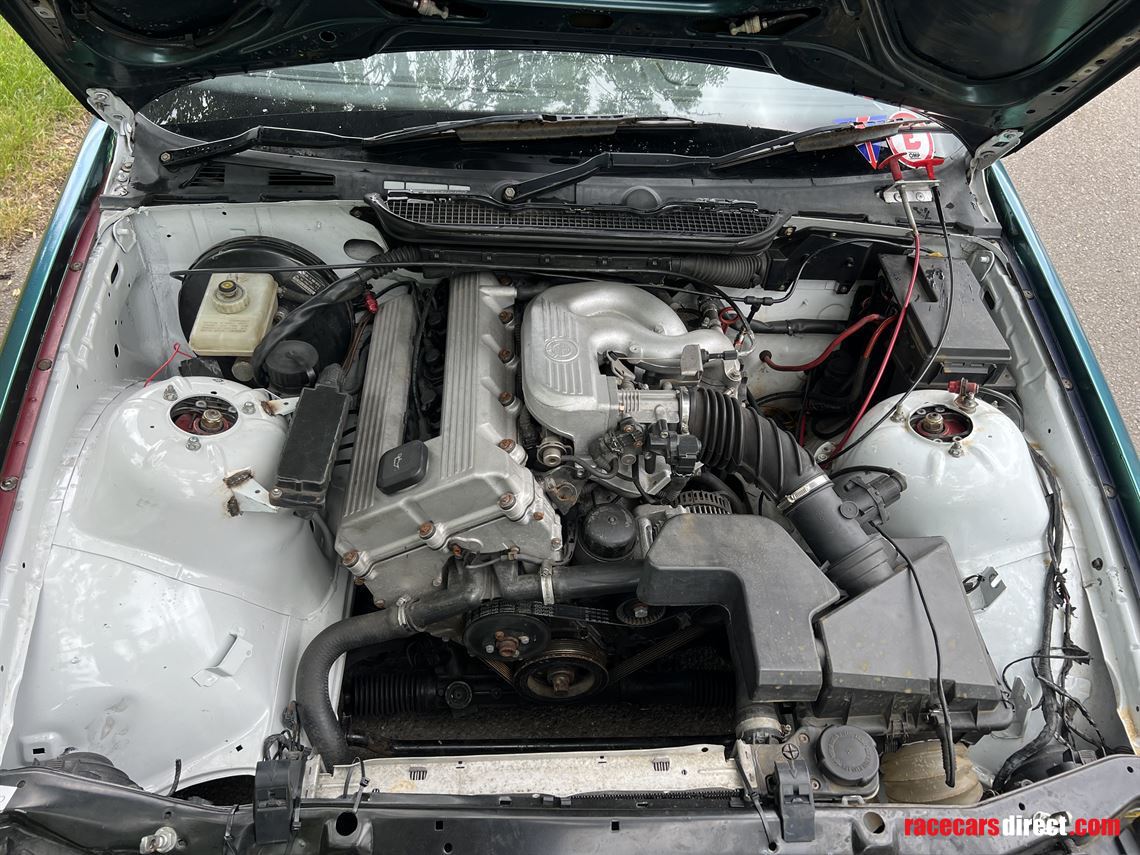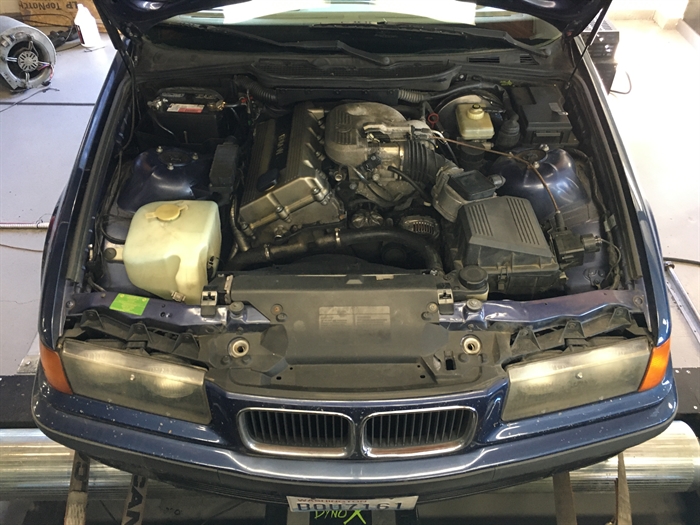The BMW 318ti: A Blend of Design, Convenience, and Performance
The BMW 318ti: A Blend of Design, Convenience, and Performance
Blog Article
Secret Attributes to Try To Find When Investing In an Engine for Automotive Applications
When thinking about the purchase of an engine for vehicle applications, several vital functions require cautious assessment to make certain optimal performance and performance. From power and performance capacities to sustain adherence, resilience, and efficiency to exhausts requirements, each element plays an essential duty in figuring out the engine's suitability for specific auto needs.
Power and Efficiency
When choosing an automotive engine, customers focus on power and performance to ensure optimum driving experience and performance. The power outcome of an engine, typically measured in horsepower (HP) or kilowatts (kW), dictates the velocity, full throttle, and total capacities of a vehicle. Higher power ratings generally result in quicker acceleration and better performance, especially during surpassing or carrying heavy loads. Efficiency, on the other hand, encompasses a more comprehensive range of attributes, consisting of fuel efficiency, discharges, reliability, and overall driving characteristics. A well-performing engine not only provides power effectively but additionally runs efficiently throughout various speed ranges and driving problems.
Buyers often think about the engine's torque output along with its power score. Torque, determined in pound-feet (lb-ft) or Newton-meters (Nm), shows the engine's rotational force, affecting the lorry's capacity to tow, climb slopes, and increase from grinding halt. A balance between power and torque is vital for attaining a versatile and receptive driving experience. Additionally, elements such as engine hybrid, displacement, and turbocharging modern technologies play significant roles in boosting both power and efficiency degrees. Ultimately, selecting an engine that provides a powerful mix of power and efficiency ensures a satisfying and effective driving experience. bmw 318ti.
Gas Effectiveness
Enhancing fuel efficiency is a paramount consideration for customers when assessing auto engine alternatives. Modern engines with functions like straight fuel shot, turbocharging, and variable shutoff timing can significantly enhance fuel performance by boosting combustion procedures and lowering energy loss.

Durability and Dependability
Achieving resilient performance and reputable procedure is necessary for consumers assessing the durability and reliability of vehicle engines. When considering an engine for automobile applications, longevity refers to the engine's capacity to endure wear, stress and anxiety, and rough operating problems over an extensive duration. Reliability, on the other hand, implies that the engine can regularly perform its desired function without unexpected breakdowns or failures.
Consumers should search for engines constructed with top notch products and accurate design to ensure longevity. Parts such as crankshafts, bearings, and pistons ought to be durable to deal with the engine's power result without premature wear. In addition, engines equipped with sophisticated cooling systems, reliable lubrication, and robust filtration devices have a tendency to exhibit greater degrees of reliability.
Regular maintenance and adherence to maker recommendations are likewise crucial aspects in preserving an engine's resilience and integrity. By adhering to upkeep routines, making use of suggested liquids, and attending to any kind of concerns without delay, customers can take full advantage of the life expectancy and performance of their automotive engines. Eventually, focusing on durability and reliability in engine selection can bring about a much more rewarding possession experience with fewer unanticipated disruptions.
Discharges Conformity
Making sure conformity with exhausts guidelines is a critical aspect of evaluating automobile engines for ecologically conscious consumers. With boosting problems concerning air top quality and ecological effect, strict discharges requirements have actually been implemented around the world to lower unsafe contaminants launched right into the atmosphere. When acquiring an engine for vehicle applications, it is vital to consider its exhausts conformity to lessen the carbon impact and adhere to legal requirements.
Modern engines are geared up with innovative emission control innovations such as catalytic converters, exhaust gas recirculation (EGR) systems, and selective catalytic decrease (SCR) to decrease unsafe exhaust gases like nitrogen oxides (NOx), carbon monoxide (CO), and hydrocarbons (HC) These systems play a vital role in ensuring that the engine fulfills the defined discharges standards and runs within permissible restrictions.

Cost-effectiveness
When taking into consideration automotive engine purchases, assessing cost-effectiveness is critical for consumers seeking both efficiency and value. It visit this website includes the total expenditures associated to upkeep, gas usage, and possible repairs over the engine's lifespan.
One key facet of cost-effectiveness is fuel performance. Engines that are made to maximize fuel economy can cause substantial cost savings gradually, specifically for individuals that drive frequently or over fars away. Additionally, thinking about the availability and affordability of extra parts and servicing can add to the overall cost-effectiveness of an engine. Making sure that maintenance and fixings are affordable and easily accessible can stop unforeseen economic worries down the line.

Conclusion
Finally, when purchasing an engine for automobile applications, it is vital to consider crucial attributes such as power and performance, gas efficiency, resilience and integrity, emissions conformity, and cost-effectiveness. These elements are essential in making sure that the engine satisfies the demands of the lorry and operates efficiently in various driving problems - bmw 318ti. resource Making a notified choice based upon these standards will eventually cause a successful and reliable automobile engine purchase
From power and performance capabilities to sustain performance, adherence, and resilience to emissions standards, each element plays a critical function in identifying the engine's suitability for certain automobile needs. Engines made to run on different gas such as electrical power, hybrid systems, or biofuels can supply improved gas economic climate and lower emissions compared to traditional gasoline or diesel engines. Consumers must thoroughly consider the fuel performance rankings and innovations incorporated right into vehicle engines to make informed buying decisions that align with their priorities for expense savings and sustainability.
When thinking about an engine for vehicle applications, durability refers to the engine's capacity to stand up to wear, stress and anxiety, and harsh operating conditions over a prolonged period.In final thought, when acquiring an engine for automobile applications, it is critical to think about key features such as power and performance, fuel sturdiness, integrity and effectiveness, exhausts conformity, and cost-effectiveness.
Report this page